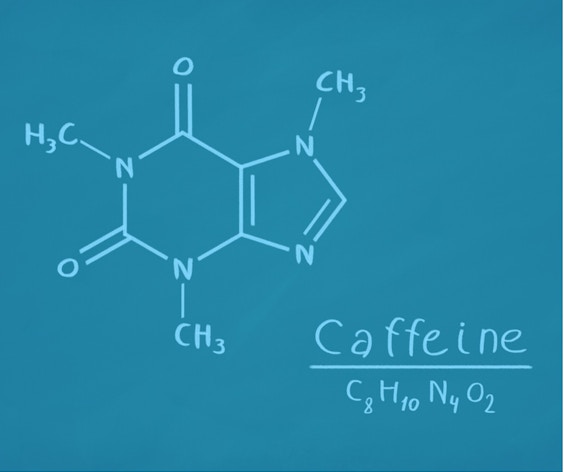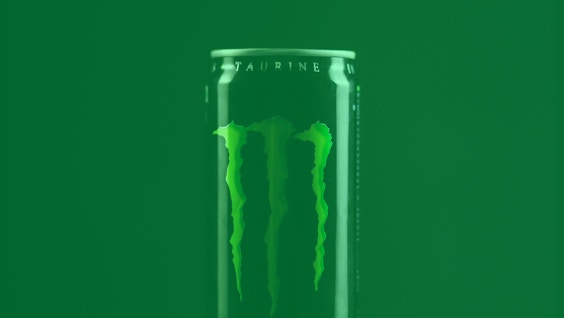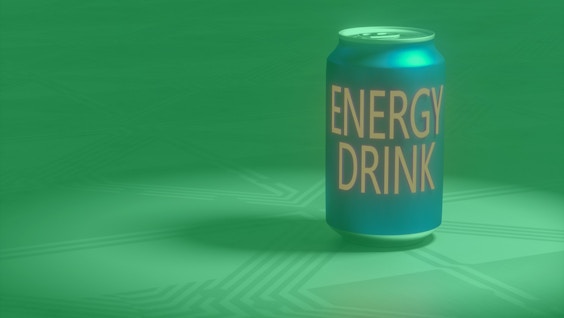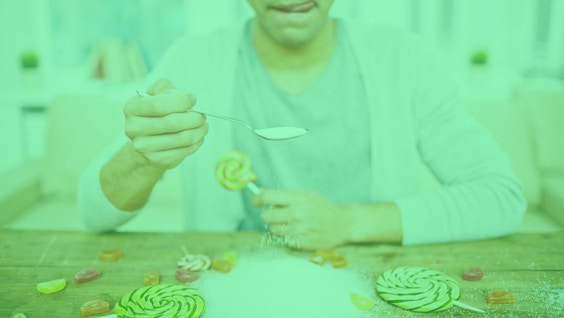I Am Sober is a free app that helps you get some control back in your life.
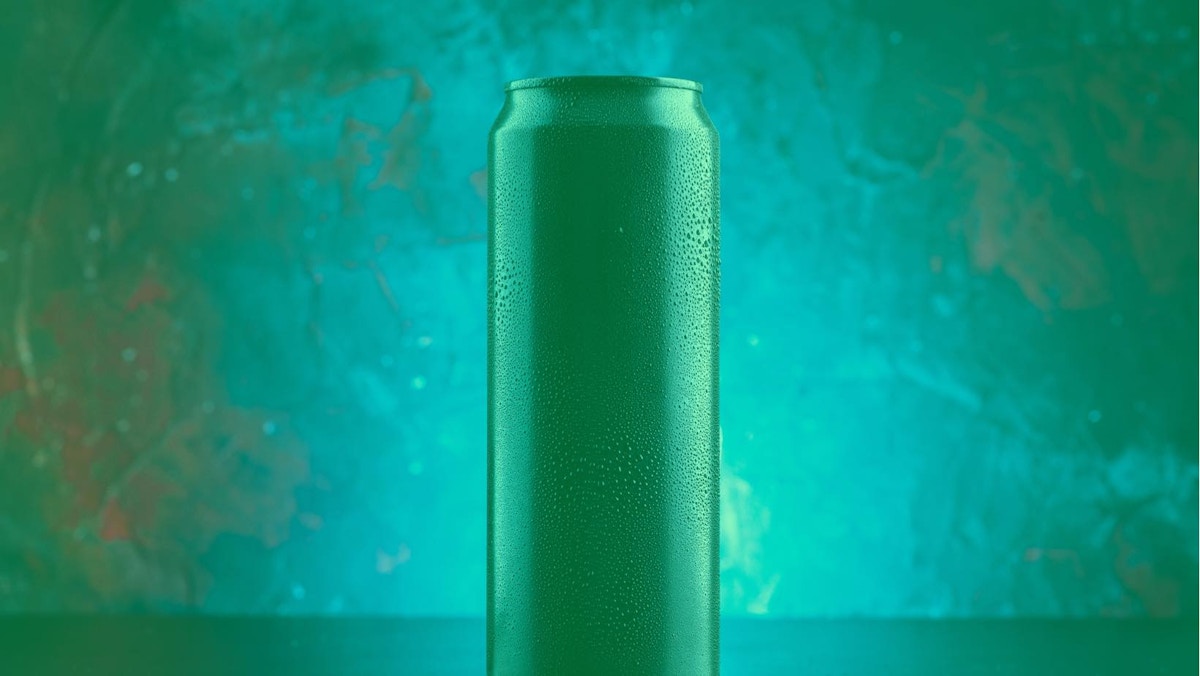
Energy Drink Addiction: Everything You Need to Know
Last Updated: Tue, January 23, 2024Energy drinks are popular beverages designed to boost energy, alertness, and focus. While they seem to have short-term benefits, they are linked to several health risks. It’s because they have high levels of caffeine and sugar. Energy drink addiction and dependency are two of these risks.
This article explores the signs of energy drink addiction, its negative effects, ingredients, and the benefits of being sober.
What Is Energy Drink Addiction?
Addiction describes the persistent urge to take or do something despite the negative effects.
Food addictions, such as energy drink addiction, share many behavioral parallels with drug addictions.
Energy drinks include numerous addictive ingredients such as caffeine and sugar. Due to these ingredients, energy drinks can be addictive.
Hence, energy drink addiction describes the excessive consumption of energy drinks without the ability to manage or stop it.
Signs of Energy Drink Addiction
Here are the signs of energy drink addiction:
● As soon as you wake up in the morning, you get the urge to have an energy drink.
● Throughout the day, several energy drinks.
● You become irritated and unpleasant to be around if you do not have your energy drink.
● You are occasionally late for work because you need to stop at the shop for an energy drink.
● You consume energy drinks with most or all of your meals.
● You substitute energy drinks for a decent night's sleep of at least 7 to 8 hours.
● If you skip a day of having energy drinks, you get a headache.
● Your friends and relatives are always reminding you about how many energy drinks you consume during the day.
● Without energy drinks, you can’t concentrate and be productive at work.
● You rarely drink water. Instead, you consume energy drinks and sodas.
● Because of your high caffeine tolerance, you still feel fatigued after consuming an energy drink.
If you can relate to several of these, you're probably addicted to energy drinks. There are probably worse things to be hooked to, but it's important to be aware of your addiction and know when to cut back.
Negative Effects of Energy Drinks
Cardiac Arrest
Individuals with pre-existing heart disorders may have cardiac arrest after drinking several cans of energy drinks.
The cardiac contractions induced by energy drinks are strong and dangerous to people who have a heart ailment. Between 2009 and 2011, there were 4,854 calls to poison control centers due to energy drink intake, with young people accounting for 51% of the cases.
Increased Anxiety
If you have two separate genetic variants in your adenosine receptors, you may experience anxiety after consuming caffeinated energy beverages. In fact, bigger doses can set off a panic attack.
Headaches
Migraines and headaches are common withdrawal symptoms caused by caffeine intake.
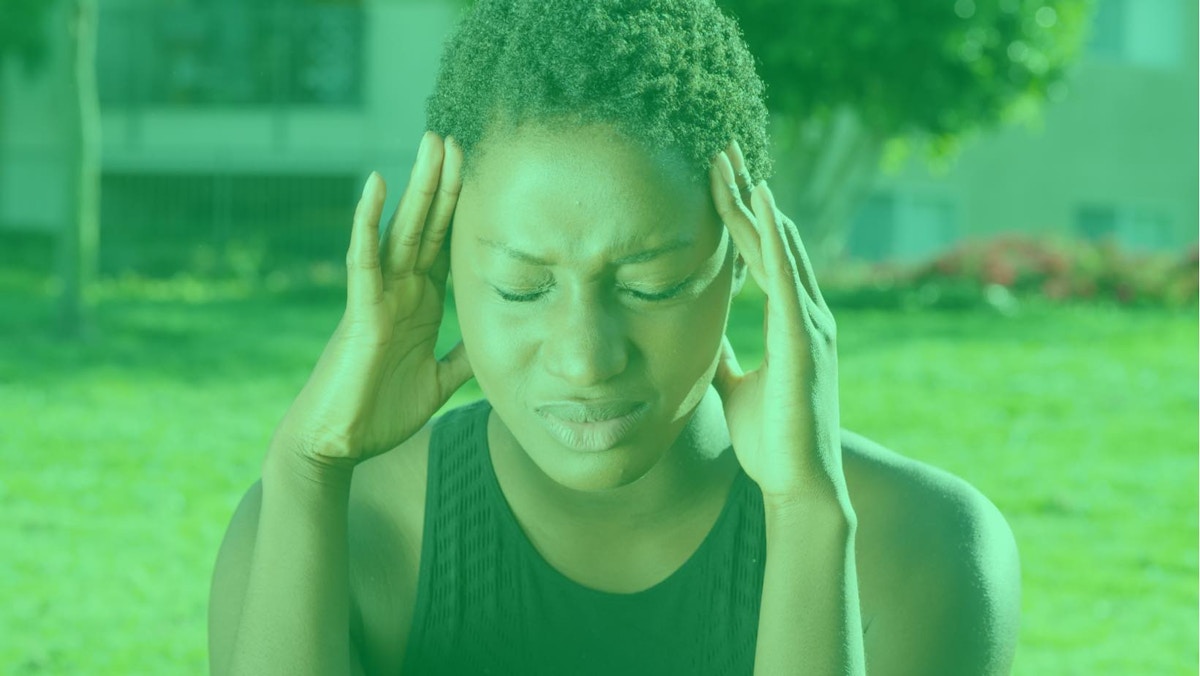
High Blood Pressure
Caffeinated products increase your blood pressure. This is dangerous if you already have high blood pressure, as it increases the risk of stroke and hypertension-related problems.
Insomnia
Many individuals take energy drinks to remain awake and preserve energy. However, when these products are abused, people find it harder to sleep.
As a result, people experience sleep deprivation, which is dangerous, especially for those who drive.
Type 2 Diabetes
Energy drinks include a lot of sugar. This may wear out cells in the pancreas that create insulin.
Nervousness
Some people grow uncomfortable and jittery after drinking a lot of energy drinks. This impairs performance and causes emotional tension, which shows up as nervousness. In some cases, it can cause panic attacks.
Ingredients in Energy Drinks and Their Effects
The main ingredients in energy drinks include:
Caffeine
Caffeine, the most common substance on the planet, has been used as a stimulant for millennia.
Most energy drinks contain between 70mg and 200mg of caffeine per can. Caffeine raises blood pressure and heart rate, stimulates the neurological system, and dehydrates the body.
Taurine
Taurine, a kind of amino acid, is naturally produced by the human body.
Energy drinks include the synthetic form. Taurine aids in the regulation of energy levels, muscular contractions, and heartbeat.
B Vitamins
Vitamin B aids the body's conversion of food into energy. It is a naturally occurring vitamin found in foods and a popular energy drink ingredient.
Glucose
Energy drinks include a lot of sugar.
One can have up to 63 grams of sugar in it (the equivalent of two Snickers bars). Excess sugar consumption has been related to diabetes, obesity, and insulin surges.
Benefits of Giving Up Energy Drinks
Here are the benefits of giving up energy drinks:
● Weight loss
● Steady blood sugar levels
● Lower risk of obesity and cardiovascular diseases
● Better sleep
● Enhanced mood
Conclusion
If you or your loved one experience more negative than positive impacts from energy drinks, it’s time to ask for help.
The right treatment plan, support system, and a sobriety app like I Am Sober can guide you to the right path.
I Am Sober is a free app that helps you get some control back in your life.
